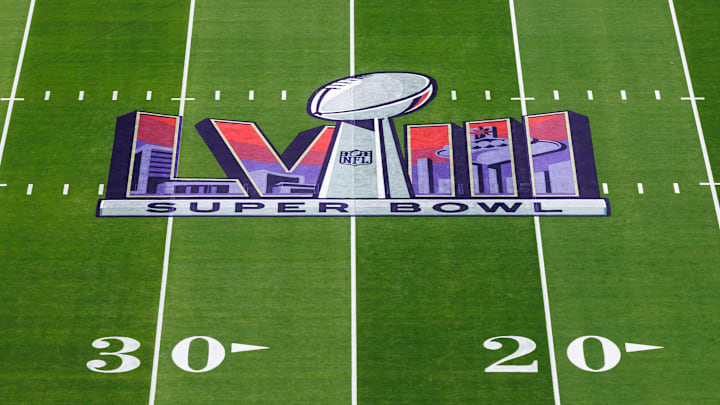The LA Rams may be smarter than the average NFL team, but there is a lot to unpack and understand with the new overtime rules that resulted in changing the way the NFL applies rules to overtime scenarios. There are now two sets of rules in professional football: Rules for regular season games, and rules for postseason games.
Even those of us who thought they knew that the rules have changed could find some benefit to citing how the rules changed in 2022. And there are NFL teams, even those playing in Super Bowl LVIII, who could use a bit of a refresher on the subject:
#49ers players saying they didn’t know/were not informed/were not prepared to execute a strategy regarding the playoff overtime rules is blowing my mind…
— Louis Riddick (@LRiddickESPN) February 12, 2024
So what are the rules, and how do they change? For that answer, let's go to the source, the website for the NFL Operations, and the page that specifically details Overtime Rules:
OVERTIME RULES FOR NFL REGULAR SEASON
At the end of regulation play, there is a new coin toss to determine which team has the option to kick off or receive. The other team elects which end of the football field they will defend.
There will be one 10-minute period that will follow a three-minute intermission. Each team must possess, or have the opportunity to possess the ball unless the first possession results in a touchdown.
The game is sudden death, meaning that the game is over on any score after both teams have had an offensive possession.
Each team has two timeouts in overtime.
No point after attempt if the game ends on a touchdown.
If the score remains tied at the end of overtime play, the game is recorded as a tie game
All reviews are conducted by the officiating booth. No coach challenges are permitted.
Okay, so what is different in the postseason? Plenty as you will soon see. The format changes significantly in overtime for the NFL Playoffs, because both offense are now assured of one complete offensive possession. That is, an offensive drive need not 'beat the clock,' as had been the rule in the past. Let's explore the new postseason overtime rules to see what we mean:
OVERTIME RULES FOR NFL POSTSEASON GAMES
- If the score is still tied at the end of an overtime period — or if the second team’s initial possession has not ended — the teams will play another overtime period. Play will continue regardless of how many overtime periods are needed for a winner to be determined.
This means that like the transition from the first to the second quarter of regulation play, the offense retains possession of the football, complete with down and distance, and simply resumes play in the next overtime period.
- There will be a two-minute intermission between each overtime period. There will not be an extended intermission between any overtime periods (I.E. no halftime).
- Each team will have an opportunity to possess the ball in overtime.
- Each team gets three timeouts through a half (two overtime periods).
- The same timing rules that apply at the end of the second and fourth regulation periods also apply at the end of a second or fourth overtime period
- If there is still no winner at the end of a fourth overtime period, there will be another coin toss, and play will continue until a winner is declared.
During the game, I was quite curious as to why the Kansas City Chiefs appeared to be so calm, cool, and collected with time running out in OT1 and with three time outs in their possession. It seems that they understood that even if they trailed the game after the first overtime period by three points, their possession would carry over into a second overtime period.
I have to admit that my understanding of the new overtime rules was not up to date as it needed to be. If you grasped the new rule changes in overtime, you deserve a round of applause. If you play for the San Francisco 49ers, then I recommend returning to the start of this article, and re-reading it in its entirety:
#Chiefs DT Chris Jones on the #49ers taking the ball to start overtime: "They're crazy. They're crazy."
— Ari Meirov (@MySportsUpdate) February 12, 2024
(🎥 @610SportsKC)pic.twitter.com/Jt47ExuyS4 https://t.co/NwBQxilmM4
Clearly, the San Francisco 49ers did not understand the new postseason overtime rules any better than I did. And in hindsight, that may have been one of the determining factors to their losing to the Kansas City Chiefs again.
